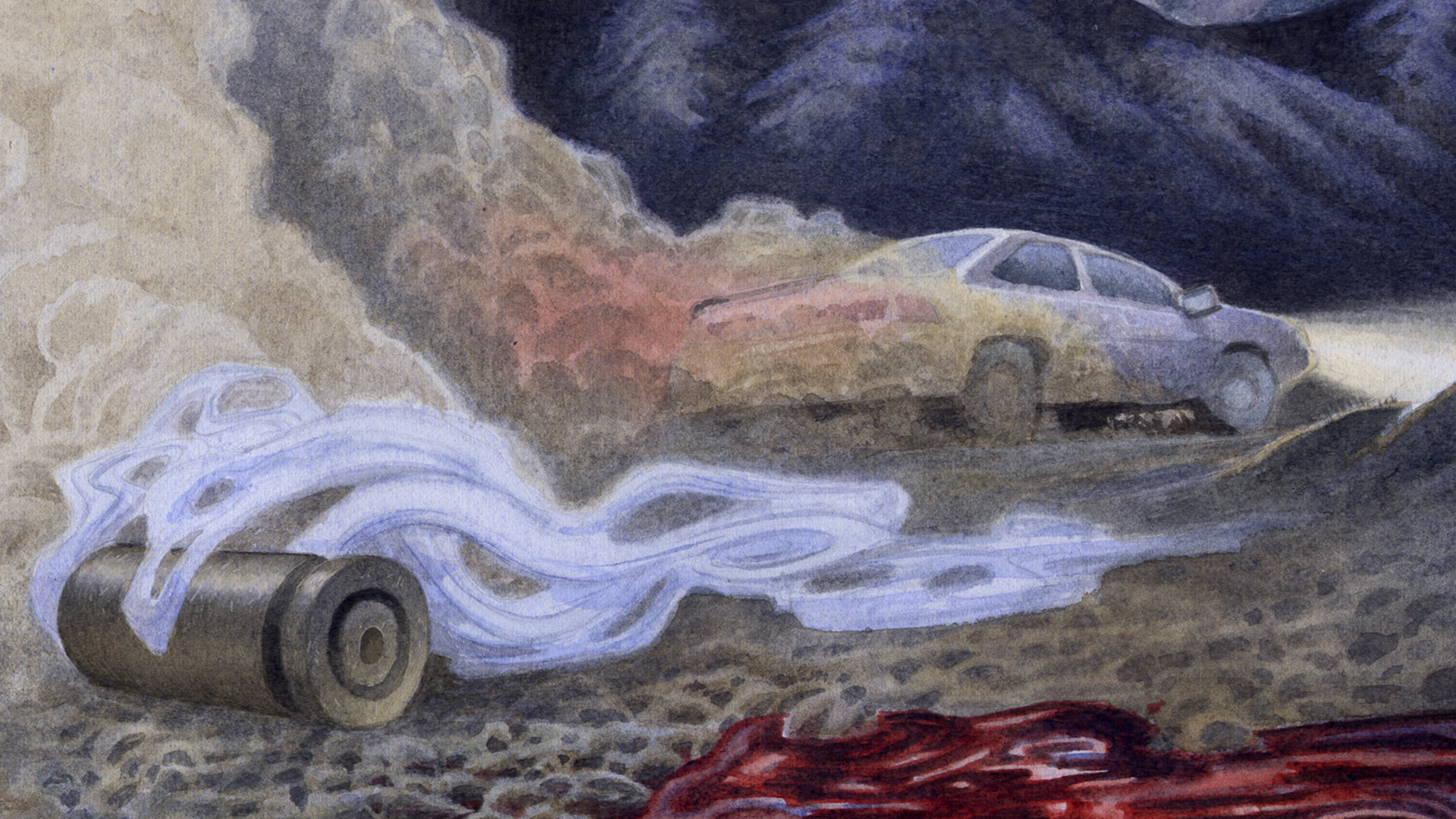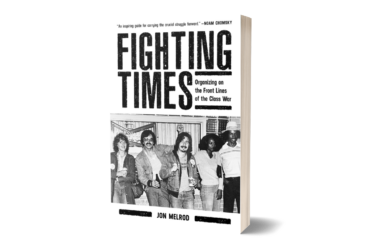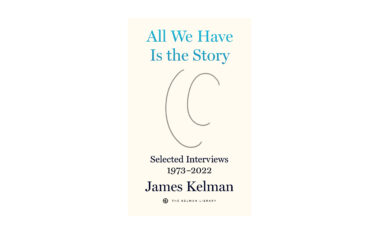The Economist
December 13th, 2010
The title story of Summer Brenner’s My Life in Clothes is a fierce and funny slip of a thing. “Early on, my cousin, Peggy, discovered that her greatest talent was the ability to turn a boy’s simplest request into the world’s biggest marvel,” the narrator says. “By the end of high school, after she’d been squeezed, groped, rubbed, pounded, and humped, she eloped (out of sheer exhaustion) with the next young man who asked.” Peggy is a recurring character in Ms Brenner’s energetic book of short stories. She reappears in one of the collection’s best pieces, “Psychic Shopper”, about a woman who is able to divine and fulfil the sartorial needs of her customers. It’s another pared story, just five pages long. But rich enough to be plumped into a novel. Clothing is the organising principle of these stories. In any given one—there are 26 in the collection—a garment might function as a linchpin, a metaphor, a riddle or the perfect atmospheric touch. The items vary from cotton pedal-pushers to a coat of “heavy, coarse Scottish wool, faintly purple like boiled rhubarb.” The narrators range from adults to children, and most of them deliver their stories in the first person.
Ms Brenner’s prose is rhythmic, and she unerringly locates the universal in the very specific. She does wonders with odd surrounds, like a Jewish social club in Atlanta, or a flute-playing swami’s tent, or a cinema house full of teenagers. And she pushes small moments to satisfying places. “Peter and I used to sit for hours with rod and bait, our legs dangling over the pier, sipping beer, waiting for something to happen,” she begins one story. “Most of the time, nothing did. But that didn’t matter. We were looking for an excuse to do nothing and preferred if it had a name. Fishing is the best apology ever invented.” These stories tend to go exactly where a reader wishes without being predictable. Ms Brenner expertly handles our expectations, curiosities and desires.
Given the many virtues of this book, it is puzzling to see it released by a small (albeit reputable) publisher. It is something that fans of Nora Ephron would be elated to discover, if they were to discover it, and which all bookstores and libraries should stock. It shouldn’t be long before Ms Brenner finally gets the attention she deserves. (Her previous novel, a slim noir volume about the sex trade in California called I-5, was also brilliant.) But until then, readers are advised to scoop up her work wherever they can find it.






